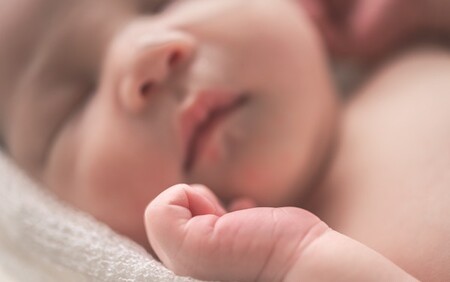Know the facts about age and infertility
In women
Age is the number one factor that affects female fertility. The biological clock varies from one woman to another but her fertility will progressively decline. A woman is generally most fertile during the second half of her 20’s and this then drops off substantially at around the age of 32. Fertility can decline sharply for the over 35’s.
Women are born with all the eggs they will ever have. As a woman ages, her eggs diminish in quantity and quality. Most women have about 300,000 eggs in their ovaries at puberty. Approximately one thousand eggs are released each month to begin their growth and maturation stage. However, usually only one egg becomes dominant during each menstrual cycle and reaches its fully mature state to be capable of ovulation and fertilisation. Unfortunately the rest wither and die. When a woman reaches menopause she will have very few eggs left.
As a woman’s age increases the eggs in her ovaries also age making them less capable of fertilisation and successfully implanting.
Additionally, fertilisation in later age is associated with a higher risk of chromosomal abnormalities. Gynaecological problems such as pelvic infection, tubal damage, endometriosis and fibroids may also increase with age.
However many women are delaying trying for a baby. Data from the Office of National Statistics in 2014 shows that over half (52%) of all live births were to mothers aged 30 and over and two-thirds (67%) of fathers were aged 30 and over.
The higher age of women giving birth from generation to generation may be due to a number of factors including: more women working, having an increased participation in higher education and a greater importance of a career, housing costs and instability of partnerships.
In men
It’s not just women whose fertility is affected by age. Men’s fertility is also affected by age but to a lesser extent. The quality of a man’s sperm, both shape and movement, decreases with age. As a man ages, it takes longer for his partner to get pregnant.
Fertility check up
Here at Complete Fertility Centre we offer comprehensive fertility testing for women, men and couples to help them understand their fertility health and plan when to start trying for a family.
Being informed with invaluable fertility information can support everyone’s fertility journey and in making an informed decision about when to begin trying for a baby. Women may choose to freeze their eggs with this knowledge if they are not ready to start a family.

